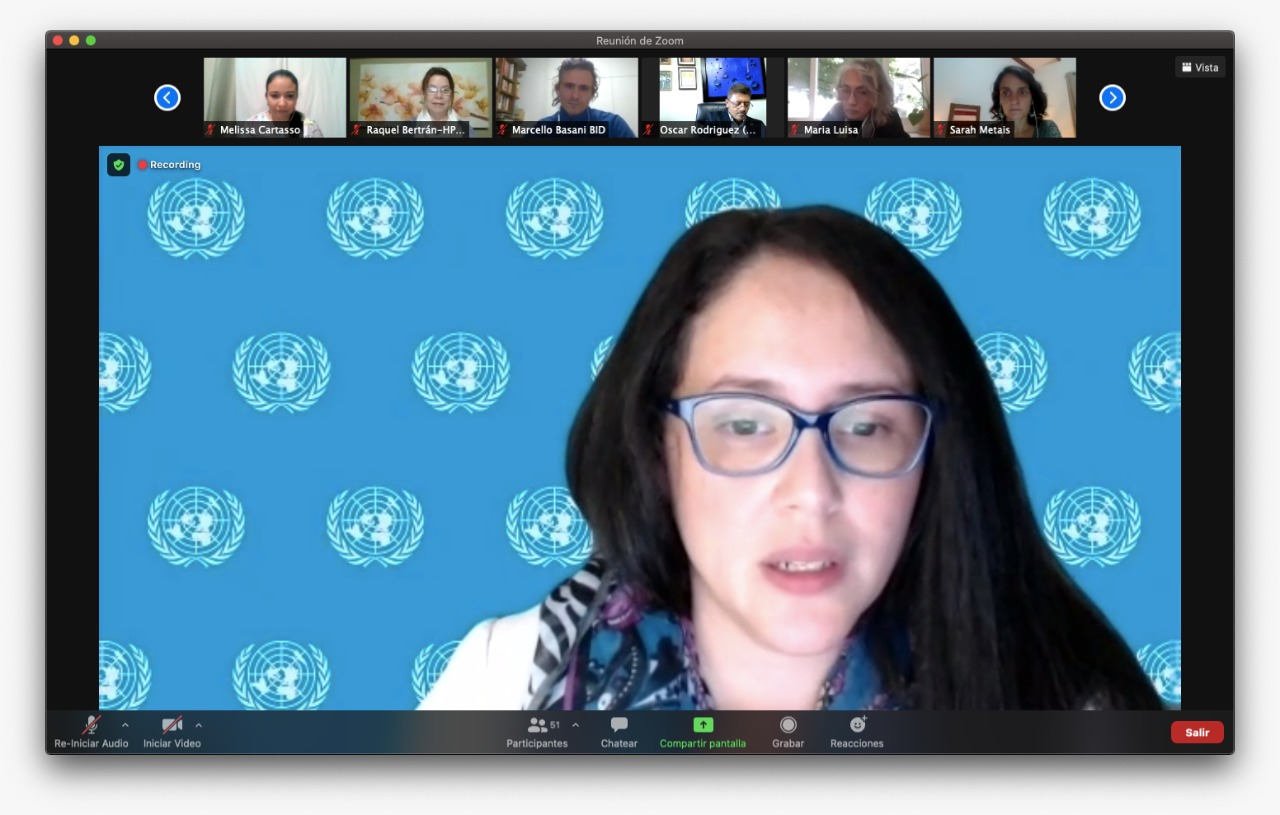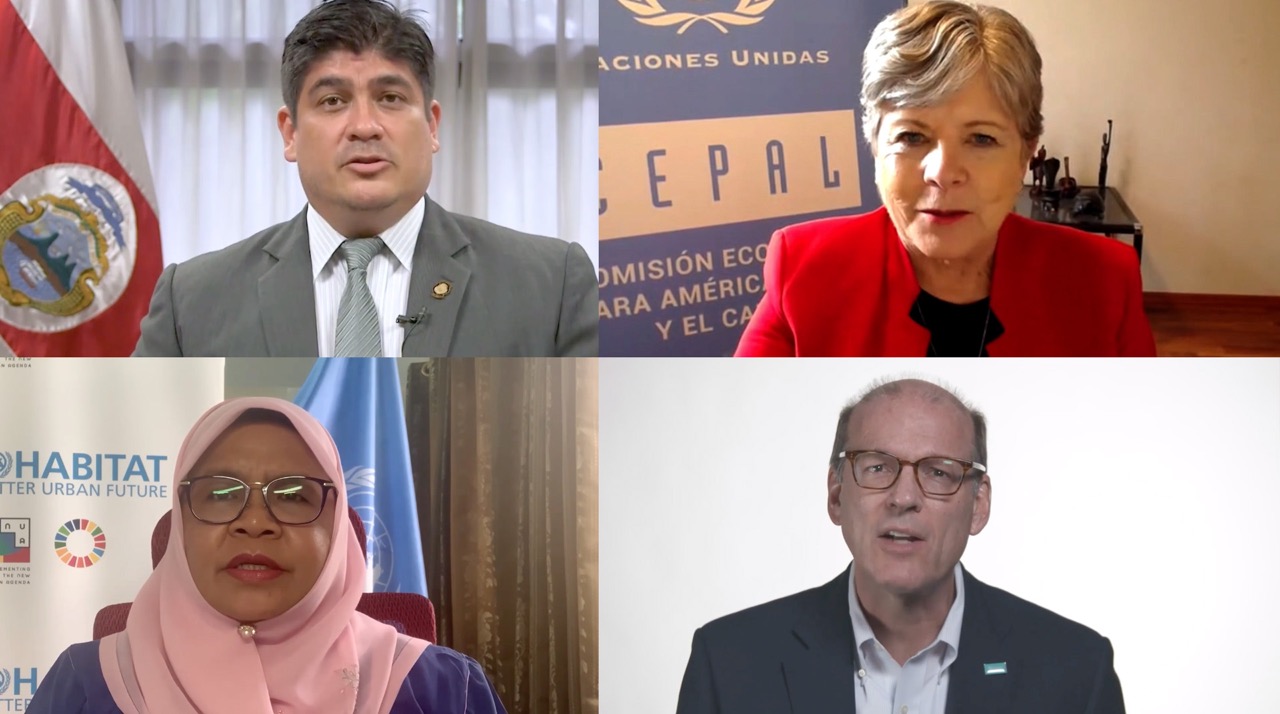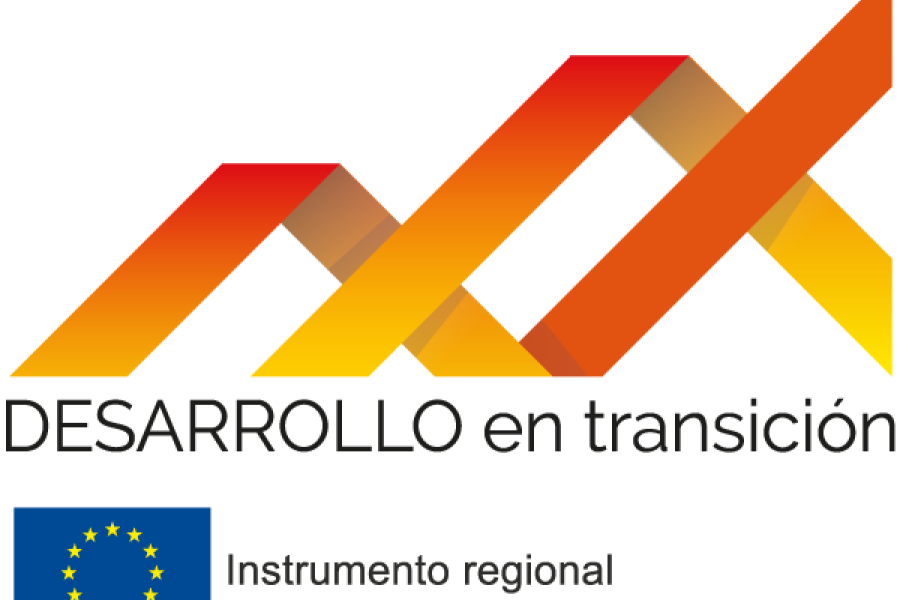ECLAC participates in the session Innovation in water and sanitation management within the framework of the IV Latin American and Caribbean Forum on Housing and Habitat
Event information

Date
28 May 2021 - 04:20Event type
Participation
Habitat for Humanity (HFH) in collaboration with the Inter-American Union for Housing (Uniapravi) organized the IV Latin American and Caribbean Forum on Housing and Habitat: Action for housing and settlements against COVID-19, a multi-actor space of the sector in the region that seeks to collectively share, reimagine and build the new reality of housing and the city. The IV Forum aimed to generate ideas to overcome the crisis in social housing and vulnerable settlements during and after COVID-19, as well as contribute to economic reactivation and social equity. It was held in virtual mode from May 17 to 21 of this year and the Executive Secretary of ECLAC, Alicia Bárcena, dedicated a few opening remarks.
Link here: https://www.youtube.com/watch?v=NmJ9jYgDSas
Likewise, Silvia Saravia Matus, Economic Affairs Officer of the Natural Resources Division of ECLAC, participated in the session Innovation in water and sanitation management in Latin America and the Caribbean: lessons learned and regional action routes that took place on May 20th. This session was based on the learnings of the Laboratories developed by HFH Paraguay and Bolivia, as well as the experiences of AZURE Catholic Relief Services, the Development Bank of Latin America (CAF), the Inter-American Development Bank (IDB), Latin WASH, the Citizen Observatory for Water and Sanitation Paraguay and Water for People.
This exchange had a special emphasis on innovation and peri-urban territories, presenting the great new ideas that inspire innovation in local water and sanitation management practices in the region, which contribute to expanding the access of the population of human settlements to these services; as well as the barriers they face. In addition, the contribution of actors in the water and sanitation sector in the region was shared, seeking to outline routes of action that encourage collaboration, alliances, advocacy and multi-actor networks to generate scale and impact in times of crisis.
During her intervention in the first part of the session, Ms. Saravia Matus presented the ECLAC proposal for a sustainable water transition, which pursues three goals: 1) Guarantee the human right to safe drinking water and sanitation, which implies a strong investment commitment; 2) Reverse the negative externalities that arise from the current water management model and that trigger pollution, overexploitation and conflicts; and 3) Bet on circular water management to take advantage of and reduce pressure on the resource. Ms. Saravia Matus emphasized that to achieve these goals, the current governance and regulation systems must be strengthened. The integrated management of the water supply should also be streamlined with instruments that follow availability criteria and take environmental damage into account. Likewise, it is necessary to promote policies, regulatory and cultural frameworks that promote investment based on circularity principles while promoting the reuse and use of wastewater.
The second part of the session consisted of a space for interaction where each of the areas of innovation were addressed in greater depth: public and governance, financing and affordability, participatory institutional management and service delivery modalities. The objective of the breakout sessions was to identify milestones and potential alliances for a Regional Action Route, which strengthen collaboration beyond the Forum. Silvia Saravia Matus, along with Marcello Basani, IDB Lead Specialist in Water and Sanitation, were the expert panelists of the service delivery modalities group. The exchange of ideas revolved around how the region could collaborate to achieve scale, impact and sustainability; and what are some milestones towards a collective action route.
The event managed to bring together government authorities, international organizations, local governments, academics, entrepreneurs, investors, funders, civil society, community leaders and professionals from the sector, to share experiences, lessons learned, trends and challenges about housing and urban habitat.
Related content

Cities and Housing Provide an Opportunity to Transform Latin America and the Caribbean’s Development Model into a More Inclusive, Egalitarian and Sustainable One
Alicia Bárcena, ECLAC’s Executive Secretary, participated today in the inauguration of the IV Latin American and Caribbean Housing and Habitat Forum.

Water dialogues in Latin America and the Caribbean to accelerate SDG 6
More than 3000 people from different social, economic, and environmental sectors in the region registered for the virtual event co-organized by ECLAC, UNESCO IHP, CONAGUA and the Federal Government…

Virtual seminars on drinking water and sanitation in Latin America and the Caribbean, organized by ECLAC and ARESEP
Tariff Policies in the Drinking Water Sector, Challenges and Opportunities for the Sanitation Sector in Latin America and the Caribbean
